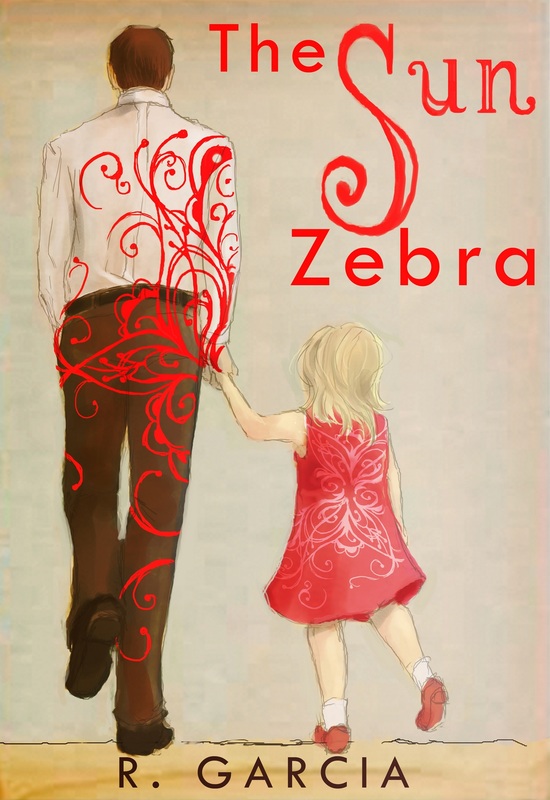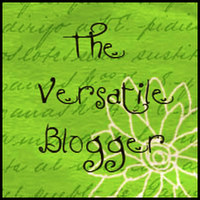I am going to step up on my blog soapbox and make a stand by asking the following question: what is wrong with telling?
It is claimed that telling destroys the reader’s ability to enjoy the story by reducing them to mere spectators, whereas “showing” engages readers and pulls them in allowing them to become part of the story. Really? Telling in the right places certainly doesn’t destroy my ability to enjoy a story. In fact, I appreciate it when authors cut to the chase in the parts where they should, and tell me what the characters are feeling or what is happening instead of burdening me with an excess of details; which also increase the total amount of words I have to read! When an author engages in too much showing, the story becomes a blur, and I find myself skipping a few lines to what happens next - not because I am interested but rather because I am bored. Too much showing does not “engage” or “pull” me into the story: it has the opposite effect.
The reason I write this is that I feel there is an epidemic in the writing world of “show, don’t tell.” Everywhere I read, writers are being ill-advised to modify their writing to achieve this. I fear that this framework is creating a mindset for readers that will make them identify being “showed” with good writing and being “told” with bad writing, which is balderdash. This misguided push to replace telling with showing is hurting readers by depriving them of the enjoyment of stories, and I cannot agree with that. Writing should have showing and telling. They are BOTH essential to the story and fulfill different functions. Some of the world’s greatest writers use a combination of showing and telling; why shouldn’t we?
But when should a writer rely on telling instead of showing? There are several opinions concerning this matter and I want to provide here some links that address this question:
Jael McHenry recommends using telling when your novel has no voice, when every little thing doesn’t count, or when your timeline sprawls.
Aimee Salter has an interesting suggestion. She writes that you should “tell” when what you're conveying doesn't change, a) the protagonists’ state of mind, or, b) the protagonists’ state of affairs.
Victoria Grossack writes that you should use telling in conversation, in travel and transitions, with unimportant characters, in early drafts, and if you write your story in the first person, or when a character within your story recounts an event.
A post at KidLit.com about the showing and telling in the Harry Potter books indicates that some great telling is done in topic sentences whereby the telling supports the showing.
The above list is by no means comprehensive but it will hopefully contribute to getting us started on replacing the “show, don’t tell,” with “learn to find the right balance between showing and telling.” It is not easy, it takes practice (and yours truly is still trying to master this skill), but that is what writers should be doing. So let’s please stop all this “show, don’t tell” nonsense that is engulfing the writing world and start dispensing some sensible advice to writers: show…and tell!
***
If you like this blog you can have links to each week's posts delivered to your e-mail address. Please click here.


 RSS Feed
RSS Feed



